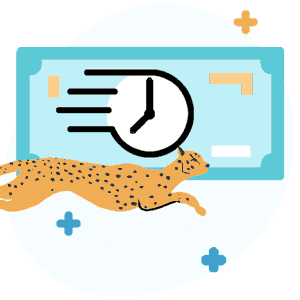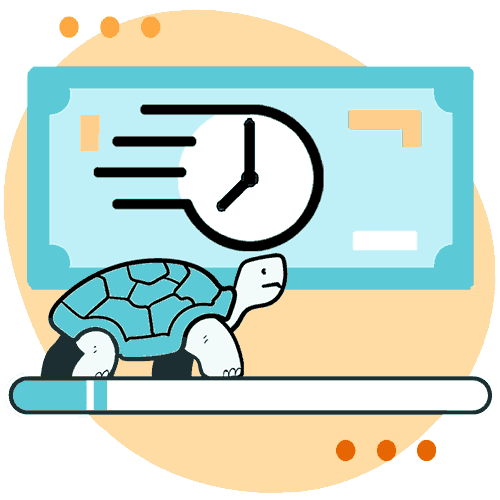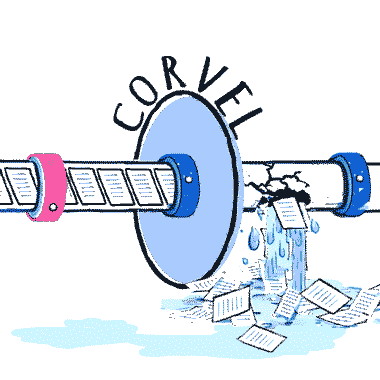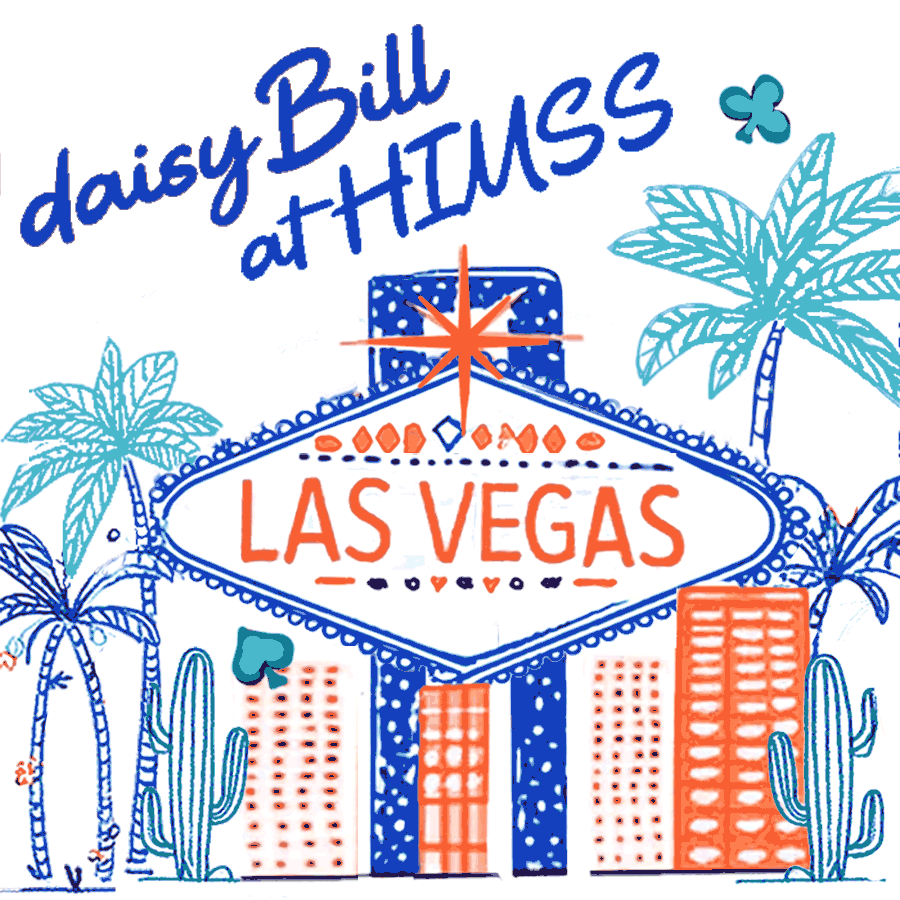Colorado: Mandatory Workers' Comp e-Billing Begins in 2026

Treating injured workers will soon be easier, faster, and more financially sustainable in Colorado.
The state will implement mandatory electronic billing (e-billing) for workers’ comp effective January 1, 2026.
For practices, this means smoother revenue management, dramatically faster reimbursement, and more efficient ways to ensure that reimbursement is accurate.
Below are details of the impending change, including which workers’ comp providers and payers are subject to Colorado’s e-billing requirement.
As any provider who cares for injured workers knows, billing can be a nightmare of confusing regulations, shifting fee schedules, and varying levels of payer compliance. However, workers’ comp e-billing eliminates much of the friction, offering an incredible return on a relatively minor investment of time and staff training.
Read on to see what your practice needs to know before the 2026 transition.
Which Payers Must Accept Workers’ Comp e-Bills in 2026?
Per Code of Colorado Regulations (CCR) Section 1101-3, Rule 16-8-1, payers must accept providers’ e-bills for injured worker treatment starting January 1, 2026. However, this requirement will not apply to self-insured employers.
When a provider sends an e-bill, the payer must:
- Send the provider an electronic acknowledgment verifying receipt of the e-bill within two (2) working days.
- Send an “electronic remittance advice” (ERA) file to the provider within thirty (30) days after receipt of the provider’s e-bill or within five (5) days of generating payment
The deadlines to submit an ERA apply only to the ERA, not the actual payment. The deadline for remitting payment to the provider will remain unchanged at 30 days.
Note: Payers must send providers ERAs (also called “electronic Explanations of Benefits” or “electronic Explanations of Review”) in X12 835 format (more on file formats below). These ERAs allow technology to automatically post payment details to providers’ bills, saving administrative staff countless hours manually documenting payment information.
Which Providers Must Submit e-Bills for Workers’ Comp in 2026?
CCR § 1101-3 Rule 16-8-1(B) requires providers to submit bills for injured worker treatment using “a HIPAA compliant electronic transaction, to Payers that have established connectivity to the Provider’s system or clearinghouse.”
However, this e-billing requirement applies only to providers submitting 25 or more workers’ comp bills per month.
When providers submit an e-bill, Rule 16 does not permit the provider to also submit a duplicate paper version of the bill.
e-Bill Format & Tech Requirements
The 2026 e-billing mandate, per CCR § 1101-3 Rule 16-8-1(C), will include specific requirements for the ANSI X12 EDI standard electronic formats providers and payers exchange, as the table below lists.
For each submission, the table includes the full X12 EDI format and name. Additionally we list the X12 EDI standard format that e-billing industry professionals commonly use to refer to the file type, e.g., “837,” “277.”
Sender |
ANSI X12 EDI Standard Electronic Format |
Description |
Provider |
X12N/005010X222A1 Health Care Claim: Professional (837) |
e-Bill |
Provider |
X12N/005010X210 Additional Information to Support a Health Care Claim or Encounter (275) |
e-Bill Attachments |
Payer |
X12N005010X214 Health Care Claim Acknowledgment (277) |
e-Bill Receipt Acknowledgement |
Payer |
X12N/005010X221A1 Health Care Claim Payment/Advice (835) |
ERA |
daisyBill clients in Colorado, rest easy—our software submits and accepts bills and electronic responses in the required X12 formats in the table above. Your practice is already in compliance!
Timely Filing
The deadline for providers to timely file their bills will not change with the 2026 e-billing mandate. Providers must submit their bills (electronic or otherwise) within 120 days of the date of service.
As CCR § 1101-3 Rule 16-8-2(A) points out, e-billing ensures that payers furnish providers with irrefutable documentation of timely filing (emphasis ours):
“For bills submitted through electronic data interchange (EDI), Providers may prove timely filing by showing a Payer acknowledgement (claim accepted).”
However, proof of timely filing is just one of the many benefits of e-billing for providers.
Monitoring and documentation for every step of the e-bill’s journey from submission to payment make revenue management infinitely easier—especially as the required ERAs automatically load payment details directly into the provider’s e-billing system, saving invaluable time and resources.
Even better, providers who switch to e-billing can say goodbye to unseen revenue piling up in Accounts Receivable. For daisyBill clients, payment arrives in less than ten days on average.
Our experts are eager to help any Colorado providers who have questions about e-billing for workers’ comp—regardless of whether you are a client.
Use the pink chat icon on this screen to reach our agents, or email us at info@daisybill.com. We’re here for you!
Eliminate friction and get paid faster. Schedule a chat with our team to see how daisyBill can transform workers’ comp billing for you.
SCHEDULE CHAT
DaisyBill provides content as an insightful service to its readers and clients. It does not offer legal advice and cannot guarantee the accuracy or suitability of its content for a particular purpose.
.gif)




